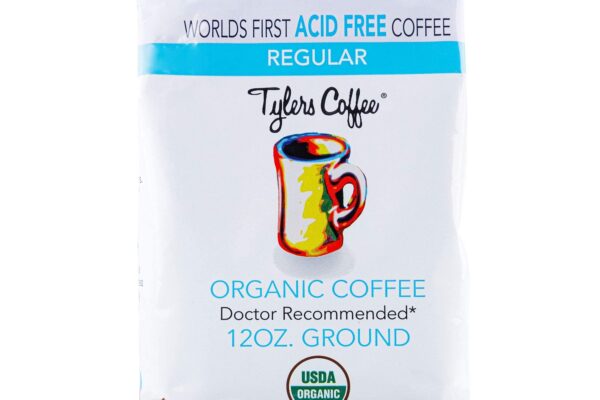Blog
Why Organic Coffee is Better Than Non-Organic Coffee
Your options when it comes to your morning cup of joe are many and varied, ranging from drip, espresso and cold brew to organic or non-organic coffee. Many people make the switch for various reasons including environmental sustainability or health benefits.
One of the main attractions of organic coffee is that it is produced without synthetic chemicals, meaning no harmful traces remain from conventional farming techniques. Furthermore, organic beans absorb more nutrients from their soil source for an enhanced flavor profile and better taste overall.
Organic coffee purchases help support farmers. By selling their produce at higher prices, farmers are able to meet more living expenses and provide for their families while not using chemical pesticides on their crops helps protect the environment and local waterways from contamination.
Organic farms can also help combat climate change. By sequestering carbon in the soil – one of the major contributors to global warming – and using natural fertilizers like manure, compost or coffee pulp that are less damaging to the environment than their conventionally-grown counterparts, organic farms offer an effective means of fighting climate change.
Organic farming not only aids climate change mitigation efforts and supports local economies, but is also safer for farmers and their families. Conventional farms use pesticides that may contaminate nearby water sources as well as cause health issues for farm workers; in contrast organic farmers employ a more sustainable method for growing coffee that minimizes chemical runoff into local waterways.
Many consumers opt for organic coffee because they believe it tastes superior. Although there may be minor flavor differences between conventionally grown coffee and organic, many find the latter has more complex and sophisticated notes. Organic also boasts more antioxidants compared to its conventionally produced counterpart.
If you’re considering purchasing organic coffee, it is crucial that you research and find a dependable supplier. Look for companies offering a diverse selection of products with fair trade practices and certified organic certification as well as ones that do not mix their beans with conventionally grown varieties – by doing your homework you could find delicious tasting organic cups that are healthy and responsible.








